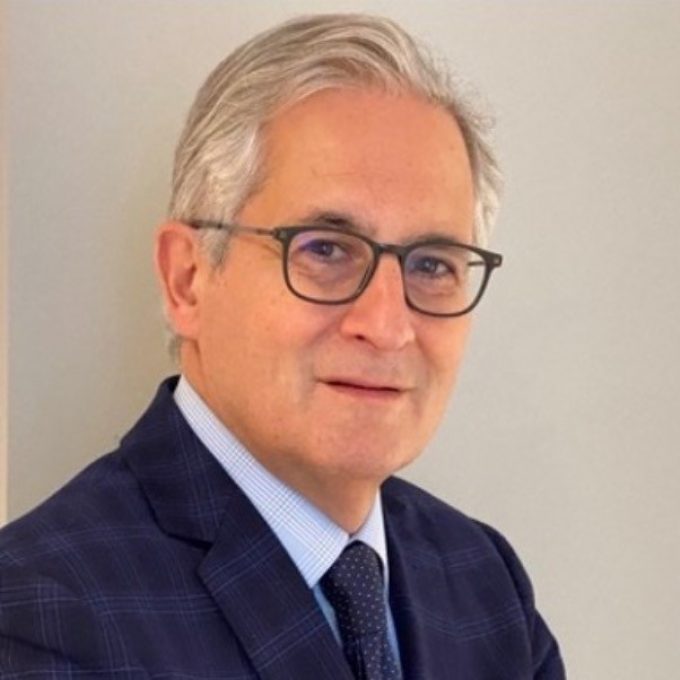News in Brief Podcast | Week 22 | Trump’s tariff hurdle, ocean schedule reliability, and rate rise
In this episode of The Loadstar’s News in Brief Podcast, host and news reporter Charlotte Goldstone ...

Despite some strident language from union leaders, shippers using US east coast ports should expect an agreement between employers and dockers to be in place before the present contract ends in October, according to Peter Friedmann (above), executive director of the Agriculture Transportation Coalition (Ag-Trans).
A ...
Predatory rivals circle as the ripples from DSV's Schenker buy widen
Latest Israeli attack on Iran a threat to box ships in Straits of Hormuz
DHL Express facilities in Canada forced to shut down by strike
Industry concerns rise after yet another box ship on fire off Indian coast
New Middle East conflict brings airspace closures, flight chaos and oil price worry
More legal trouble in India for MSC: feeder vessel detained after box ship disasters
Return of downward pressure on container spot freight rates
BYD launches logistics subsidiary – and eyes ports and shipping sectors

Comment on this article
Dwight Campbell
March 12, 2024 at 3:04 pmI have always found it interesting that the electorate will happily vote for someone that increases their cost of doing business by adding tariffs on imported goods, while their own paychecks dwindle under inflation.
When you see that line item on the invoice for extra charges on imports, remember – you voted for it.
I can only guess that tariffs sound like something that is magically paid for by someone else. Like everything else, it is always paid for by the end user.
Gavin van Marle
March 12, 2024 at 6:50 pm“Like everything else, it is always paid for by the end user.” Exactly the point Peter Friedmann was making